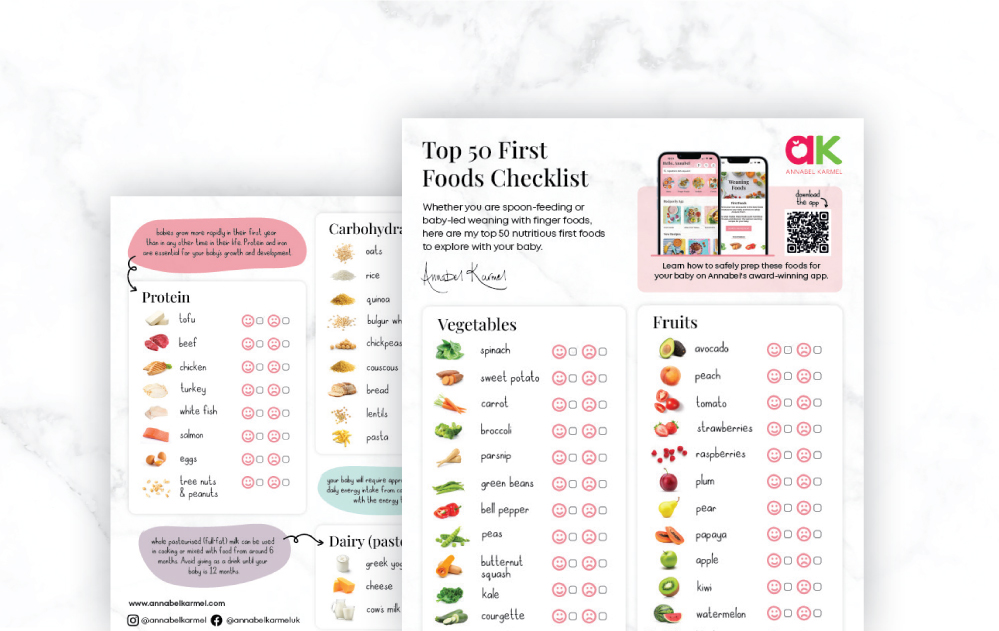As a parent of a child with autism there are many challenges you may face. Supporting them socially, ensuring school are meeting their needs and educating others on how your child sees the world around them. One of the more unnerving challenges is around eating. As a parent/caregiver it is a basic need of ours to want to ensure our children are well fed and watered – its instinctive.
But what can we do when dinner time becomes a battleground? Many children with ASD struggle with eating and many will choose a restrictive diet, one that isn’t always meeting their body’s needs. How are parents do we navigate this? Helping our children grow, whilst considering their thoughts and feelings on food.

Firstly, we need to consider how their ASD changes the experience of eating for them. A prime cause of issues with food for children with ASD is the sensory experience eating presents. Try to think of a meal as a series of textures, sensations, smells and visuals. Then try to consider how it must feel if, due to sensory issues, certain textures are uncomfortable, smells unbearable and sensations painful. Therefore, we often see children selecting a bland diet, seemingly tasteless beige food – because the level of sensory output from the foods is small.
Second, the environment in which we eat can be an off-putting scenario for a child with autism. Consider the loud, unruly school canteen or a bustling restaurant. These places can be overwhelming for children with ASD and push them further away from wanting to eat. Also, consider the social element of eating. For someone with social communication issues, sitting down for a meal can be a worrisome event.
The visual experience of food can also be a challenge for children with ASD. We have all had experiences when a meal does not look appealing. Imagine how this must feel with someone with autism. Even down to finer details, changes in packaging design for example can be off putting.
Another issue for children with a restrictive diet can be the pain and discomfort it causes. Eating only one or two types of food and not getting a balanced diet can result in constipation, weight loss, or gain or sickness. This pain then reinforces a child’s dislike of eating.
So, what can we do to support children with autism in eating a balanced diet? The SEN Expert has been working with Emma, a Children’s Dietitian designing content to support parents in making supportive, healthy choices for their children. Here are some of her recommendations for activities that help your child form a more positive relationship with food.
Discover New Foods
It can take up to thirty attempts to like a new food. Try to expose your child to a new food each day. Ask them to help with baking and get messy! Or perhaps cut up some fruit, such as a banana, and let them feed it to you!


Explore a Rainbow of Food Colours
Ask your child to pick their favourite colour and visit a supermarket.
Encourage them to choose a new food to try in that colour. It can be sweet or savoury. But remember, there’s no pressure for them to eat that new food on day one. Initially, it’s more about getting them used to the smell, texture, and appearance.
Imaginative Messy Play
Messy Play is fantastic for introducing food in a non-pressured environment. Your child could play with cars in dry pasta and rice, make mountains with flour, or set up a teddy bear’s picnic and add fruit to the teddies’ plates.


Divider Plates and Funky Cutters
It’s worth getting some fun divider plates, as children tend to like the idea of keeping new foods separate from their tried and tested favourites! There are also some great sandwich and vegetable cutters available online. These make food more fun and interesting for kids.
Edible Adventures
Make the process of buying and cooking food an adventure. Plan a trip to a farmers’ market. Let kids weigh and price fruit and vegetables. Once home, maybe try a blindfolded food challenge and a taste test. Also consider the process of eating, eat with chopsticks just for fun or choose a theme night and try a new cuisine.

So, what can parents do to get support for their child? Firstly, seek out the support of a dietician. They can look at whether your child’s diet is providing all the nutrients they need. Give advice on supplements and give you practical advice on reducing your child’s anxiety. If you would like to see a dietician, you have several options. You can request a referral from your GP or work with a private dietician. Emma from Dietitian with a Difference offers support to many families, her website www.dietitianwithadifference.co.uk is a great place to start.

The SEN Expert is a Special Educational Needs consultancy service with a difference. We offer support for families, children, and schools to navigate the complex world of SEN.
Check out our full list of services at our website www.thesenexpert.co.uk or follow us on Instagram @senexpert for daily advice on special educational needs.


























